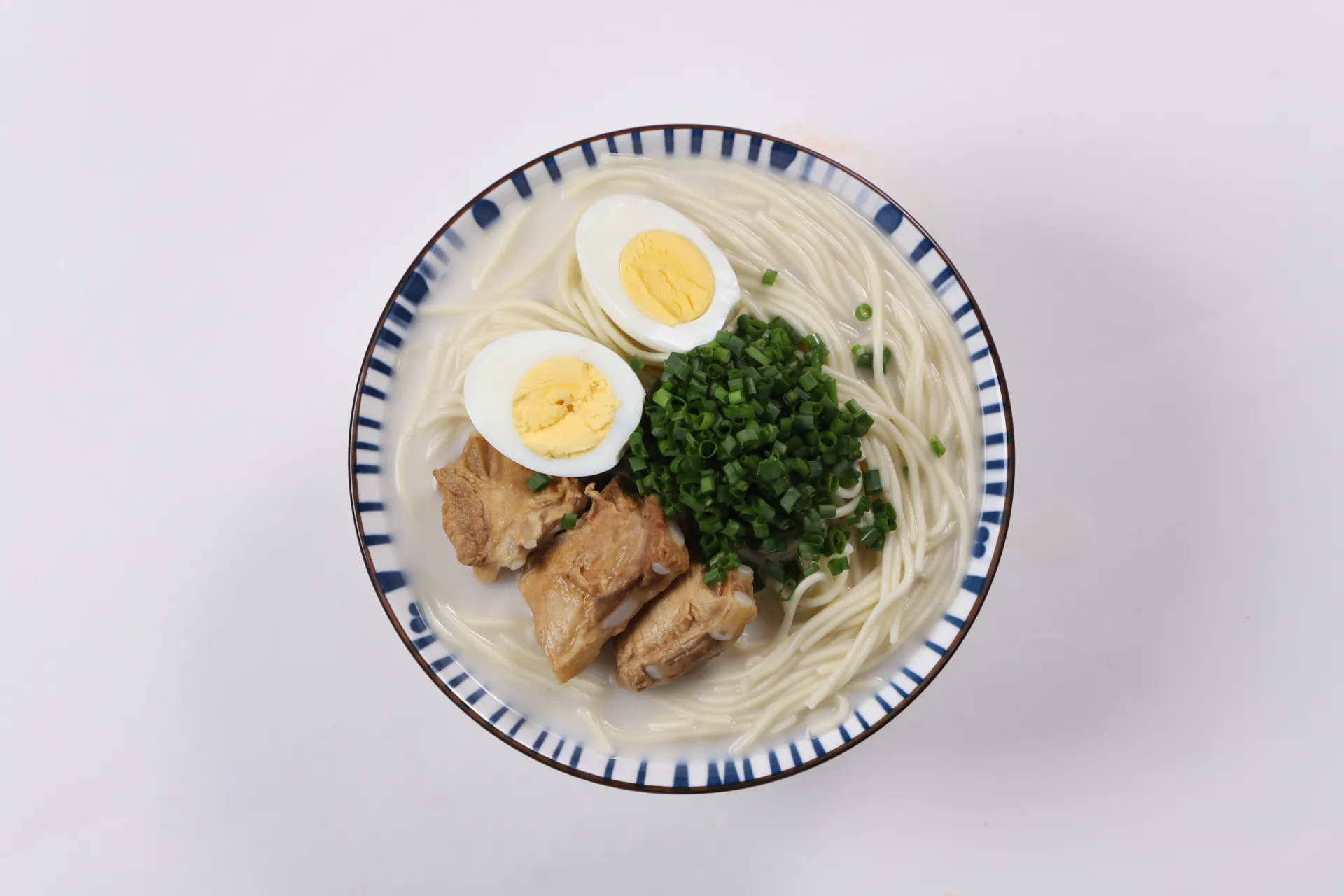is ramen noodles good for diabetics
Are Ramen Noodles Good for Diabetics?
Ramen noodles, a staple in many diets around the world, are particularly popular for their convenience and affordability. However, for those managing diabetes, the question arises Are ramen noodles a suitable choice? To answer this, we must consider their nutritional composition, glycemic index, and how they fit into a balanced diet for diabetics.
Understanding Ramen Noodles
Traditional ramen noodles are made from wheat flour, salt, water, and an alkaline mineral water called kansui, which gives them their distinctive texture and flavor. Instant ramen noodles, often found in convenience stores, can vary in nutritional content due to added preservatives and flavorings. On a basic level, ramen noodles are high in carbohydrates, which can significantly affect blood sugar levels.
Carbohydrates and Glycemic Index
For people with diabetes, managing carbohydrate intake is crucial. Carbohydrates are broken down into glucose, which can cause spikes in blood sugar levels. The glycemic index (GI) measures how quickly a food increases blood sugar. Foods with a high GI (70 and above) can lead to rapid increases in blood glucose and should be consumed with caution. Unfortunately, most ramen noodles fall into the medium to high GI category, depending on the brand and preparation method.
Nutritional Considerations
Instant ramen noodles typically contain little to no fiber, which is an important nutrient for blood sugar management. Fiber helps slow down the digestion of carbohydrates, leading to a more gradual release of glucose into the bloodstream. Furthermore, ramen noodles are often high in sodium and may contain unhealthy fats, particularly those found in the flavor packets that come with instant noodles. For individuals with diabetes, high sodium intake can also increase the risk of cardiovascular issues.
is ramen noodles good for diabetics

Improving Ramen's Suitability for Diabetics
If someone with diabetes wishes to enjoy ramen noodles, there are strategies to make the meal more fitting for their dietary needs. One way is to add plenty of vegetables, such as spinach, carrots, bell peppers, or broccoli. These additions not only enhance the nutritional value of the meal by providing fiber and essential vitamins but also help moderate the carbohydrate load.
Another option is to choose whole grain or higher protein noodle alternatives available in some markets. These options can lower the GI of the meal and provide a more balanced nutrition profile. Additionally, considering lean protein sources, such as chicken, tofu, or eggs, can further stabilize blood sugar levels.
Portion Control and Meal Timing
It's also important for diabetics to monitor portion sizes when consuming ramen noodles. Larger portions are more likely to produce a significant blood sugar spike. Eating ramen as an occasional treat rather than a regular meal choice—and pairing it with other lower-GI foods—can lead to better blood sugar control.
Meal timing can also play a role in blood sugar management. Eating noodles earlier in the day might allow for more physical activity afterward, helping to mitigate blood sugar spikes.
Conclusion
In summary, while ramen noodles may not be the best choice for individuals with diabetes due to their carbohydrate content and high glycemic index, there are ways to enjoy them more healthily. By incorporating fiber-rich vegetables, choosing alternative noodle options, controlling portion sizes, and balancing meals, diabetics can indulge in ramen noodles without significantly compromising their health. Always consult with a healthcare provider or dietitian for personalized dietary advice.
-
Is Whole Wheat Pasta Healthy?NewsMay.30,2025
-
Are Soba Noodles Good for Weight Loss?NewsMay.30,2025
-
Are Buckwheat Soba Noodles Healthy?NewsMay.30,2025
-
Are Buckwheat Soba Noodles Gluten Free?NewsMay.30,2025
-
Are Buckwheat Noodles Good for You?NewsMay.30,2025
-
A Healthy Way to Savor Soba and Spicy FlavorsNewsMay.30,2025
-
What Are Lanzhou Noodles?NewsMay.30,2025
Browse qua the following product new the we

















































































































